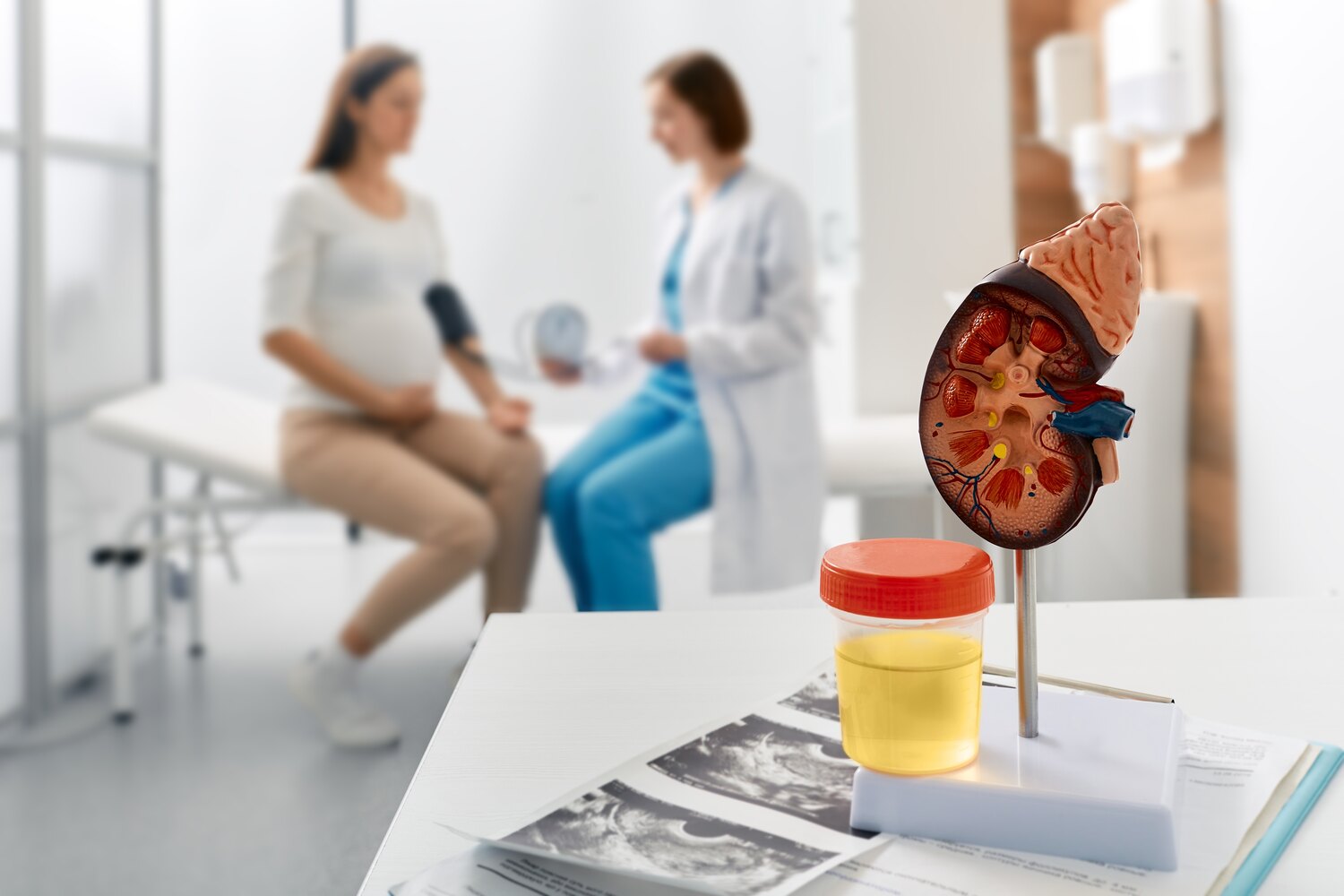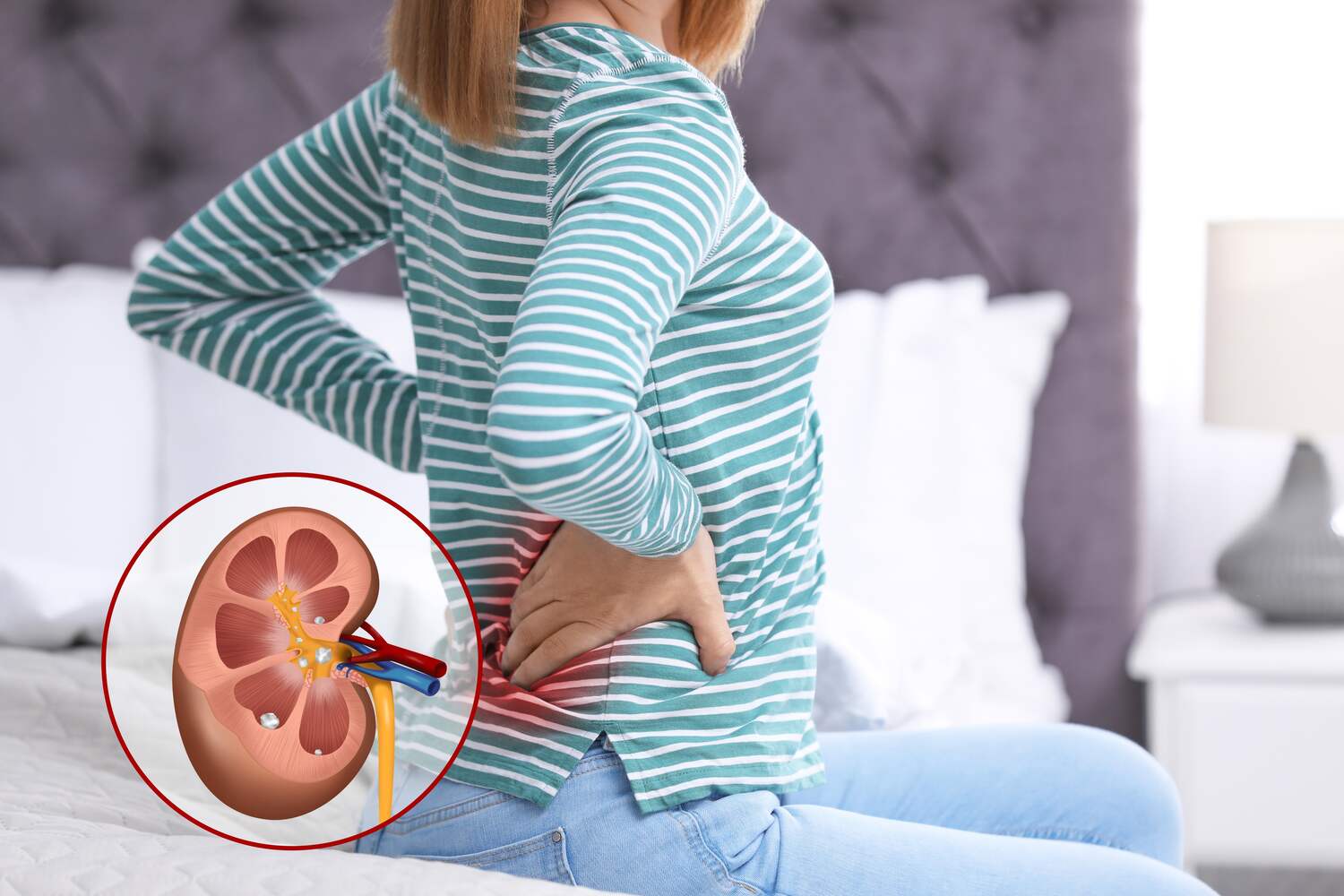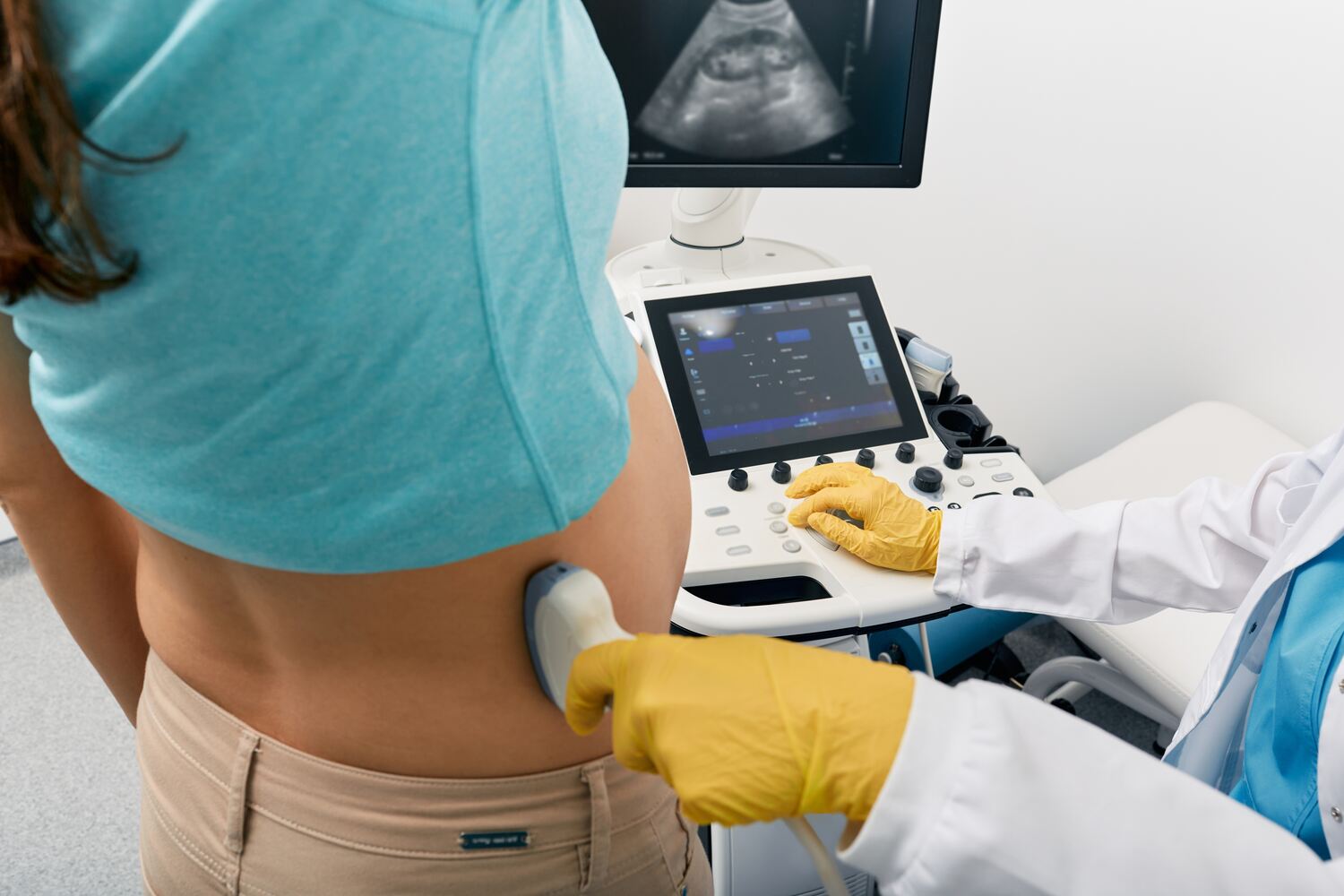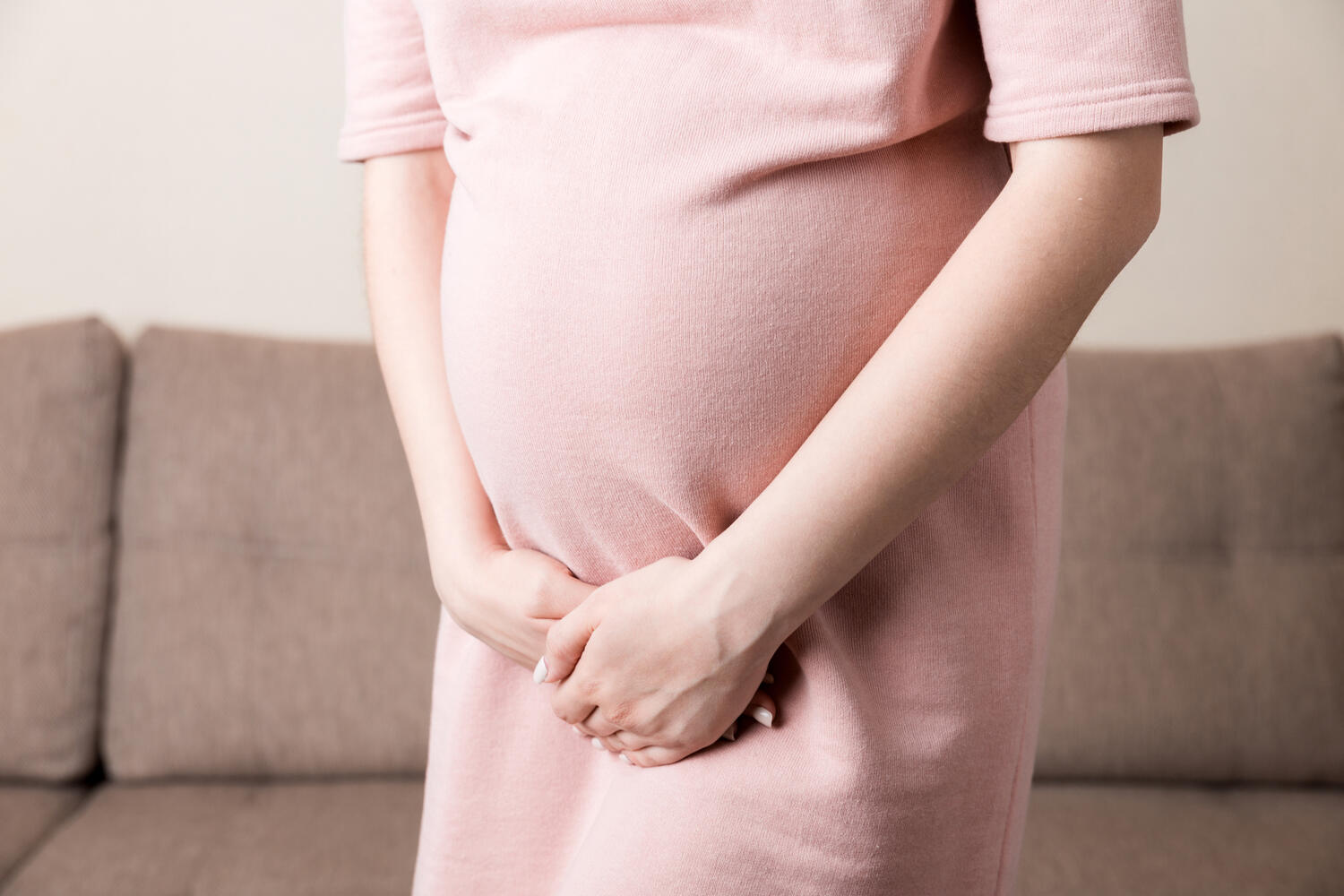
During pregnancy, a lot of women experience bladder and kidney-related problems. Kidney issues are very common during pregnancy, and doctors may treat the condition depending on the severity level. Hydronephrosis is a radiology term generally used for swelling or when there is fluid in the kidney during pregnancy. Research shows that the many of women experience hydronephrosis during pregnancy which is a rare condition where one or both kidneys become swollen and stretched due to urine build up. (1).
In some cases, if the condition doesn’t get medical attention, chances are that you may get a urinary tract infection, and your kidney may become scarred, leading to permanent loss of kidney function. However, the good news is that the condition of hydronephrosis does not last longer if it is diagnosed on time and treated promptly. In this context, we provide you with detailed information about symptoms, causes, and treatment options so you can get medical attention on time. Let’s have a look.
In This Article
- What is Hydronephrosis?
- Symptoms of Hydronephrosis
- Causes of Hydronephrosis
- How Is Hydronephrosis Diagnosed?
- Are There Any Risks Associated With Hydronephrosis?
- When to Consult With a Doctor?
- Treatment Options for Hydronephrosis
- FAQ’s
What is Hydronephrosis?
Hydronephrosis is a medical condition of the urinary tract during pregnancy where either one or both kidneys become swollen. The condition may happen because urine does not pass from the body completely. As a result, it accumulates in the bladder and affects the kidneys. Sudden pain in the back region, painful urination, fever, and blood in the urine are some of the common symptoms that may indicate you have hydronephrosis during pregnancy. If one kidney is affected, this condition will be known as unilateral hydronephrosis, and if both kidneys are concerned, this condition will be known as bilateral hydronephrosis.
Symptoms of Hydronephrosis

Usually, the symptoms of hydronephrosis may depend on the reason behind kidney issues. However, women can track some of the common symptoms that may indicate they are suffering from hydronephrosis, such as:
- Intense or sudden pain in your abdomen, sides, and back
- Painful urination
- Nausea or vomiting
- Blood in your urine
- Urinary tract infection
- Not being able to empty your urinary bladder.
- Peeing less or more than normal.
Your chance of having a urinary tract infection will increase during hydronephrosis because your urine is trapped in the bladder. This may lead to the growth of bacteria in the urinary tract area, resulting in an infection. Some of the common symptoms of urinary tract infection includes high fever, feeling tired, and chills. There might be painful or burning sensation during urination and urine often becomes cloudy, not clear.
Causes of Hydronephrosis

During pregnancy, a woman may experience hormonal changes such as estrogen and progesterone. The sudden changes in the hormones may result in inappropriate contraction and relaxation of smooth muscles along with the destruction of the uterus due to the high secretion of progesterone; these conditions may increase the chance of developing hydronephrosis during pregnancy.
Furthermore, the extension of the uterus in a tight pelvic space may build uneven pressure on the wall of the ureters (kidney pipes connected with the urinary bladder). This may lead to ureter dilatation, which further contributes to hydronephrosis during pregnancy. Moreover, the gestational age and fetus growth within the pelvis region may decrease the pressure over the ureter, which may result in the same condition (2).
Some other reasons that may result in hydronephrosis during pregnancy include:
- Blood clots
- Bladder cancer
- Kidney stones
- Stricture or scarring of the kidneys
- Urethral strictures
Similarly, many external reasons may cause hydronephrosis, such as ovarian syndrome, cervical cancer, vesicoureteral reflux, and diabetes.
How is Hydronephrosis Diagnosed?

Hydronephrosis during pregnancy can easily be diagnosed using these screening procedures. Initially an ultrasound scans help differentiate physiological hydronephrosis from obstruction secondary to calculus and renal stones. An urine analysis is recommended to determine any infection. Renal function screening test for the detection of normal kidney function is also done along with the blood test to determine anemia.
Are There Any Risks Associated With Hydronephrosis?
Hydronephrosis doesn’t pose any risk if treated on time. However, several obstetric complexities that occur because of gestational hydronephrosis, such as preterm labor, pyelonephritis, and delivery, are some of the possible risks associated with this condition. In addition, one of the life-threatening risks associated with hydronephrosis during pregnancy is sudden renal rupture.
This condition may develop when the hydrostatic pressure inside the collecting structures exceeds the limit of the retention capacity of the capsular junctions of calyceal-renal (3). Damages to the kidneys before pregnancy are prone to renal rupture. If the condition remains untreated for a longer or certain period, it may lead to permanent failure of kidney functions, ultimately resulting in renal failure.
When to Consult With a Doctor?
Urine should be checked out right away if there is a fever, severe abdominal discomfort, bladder dysfunction, blood with urine, or urological issues. In single-kidney pregnant women, hydronephrosis might be lethal. Consequently, even in the unfortunate case of a single kidney, you should consult your doctor right away if any mild symptoms appear.
Treatment Options For Hydronephrosis

Treatment of hydronephrosis during pregnancy is possible with careful diagnosis performed at different stages. In cases of mild symptoms of gestational hydronephrosis during pregnancy with normal renal function, it is easy to treat symptomatically.
Examples of common treatment approaches include proper hydration, antispasmodics, analgesics, the left lateral position while sleeping, and treating urinary tract infections.The kidneys are relieved of pressure when doctors drain out urine using a tiny catheter inserted inside the bladder or straight inside the kidney while passing through the skin by giving local anesthesia.
However, the next treatment action is to treat the underlying problem, which is what first created the obstruction. A procedure known as ureteral stenting will clear the obstruction inside the tube. For example, sound waves or lasers are utilized to break up big kidney stones that cause hydronephrosis. Your obstetrician might advise dialysis in circumstances where renal failure is severe.
Hydronephrosis during pregnancy may result for several reasons, such as frequent swelling and infection in the urinary tract. If you are experiencing any of the above-listed symptoms, it is essential to consult with a doctor for a thorough examination and get the right treatment on time. In addition, try to stay hydrated during pregnancy and eat healthy, fiber- and nutrient-rich foods. If you have a kidney problem or any other medical condition that may result in hydronephrosis, consult with your certified doctor during pregnancy to avoid the risks and complications associated with this condition.
FAQ’s
1. Does Drinking More Water Help With Hydronephrosis?
Yes, drinking plenty of water can help to dilute urine and flush the bacteria from the urinary tract. During pregnancy, try to stay hydrated and drink at least eight glasses of water per day.
2. Is Milk Good For Hydronephrosis?
Drinking low-fat cow milk during pregnancy can help reduce the risk of chronic kidney diseases and stones. However, those women who are already having kidney stones or kidney diseases such as high calcium may avoid drinking milk.
3. What Foods Are Bad For Hydronephrosis?
Foods rich in sodium, such as high-salt snacks, cured meat, and highly processed foods, should be avoided. These foods are rich in sugar, salt, and fat, which may enhance the risk of hydronephrosis in women.
References
- Overview Hydronephrosis – [https://www.nhs.uk/conditions/hydronephrosis/]
- Hydronephrosis – [https://my.clevelandclinic.org/health/diseases/15417-hydronephrosis]
- Hydronephrosis – [https://www.kidney.org/atoz/content/hydronephrosis]

